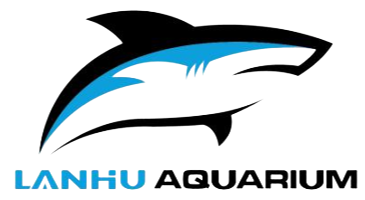About the acrylic infinity pool raw material PMMA

PMMA is also known as acrylic glass, organic glass or – technically Poly (methyl methacrylate).
It is being made in extruded or poured form but only high quality poured PMMA is suitable for glueing. This process is quite different from glueing glass as in this case an adhesive is “opening” and repolymering PMMA. The result is a homogenous object that does not contain any joints, so structurally weaker points.
PMMA is perfectly transparent. The thickest panel we know (60 cm) does not contain any optical distortions., dimming, loss of contrast or color distortion. We only use high quality PMMA Lucosite granules that guarantees lack of any yellowing or transparency loss.
Although PMMA is softer than glass, under right maintenance is poses no problem. In case of any damage it is easy to repair it, bringing it back to the previous state. In turn, it is very resistive, making in almost armored. It may be bendy at times so we leave a safe margin of thickness to achieve a desired arrow of bending.

An interesting property of acrylic is its thermoinsulation and relatively low melting point (110 degrees celsius). It is also easy in grinding, polishing and milling, possessing good mechanical modifications possibilities.
Thermoforming in turn is a lenghty process and requires long phases of heating, forming and cooling. It is being made in a special, monitored chambers. A forced thermoforming may result in a microfractures in the external surface.
Acrylic, in addition to glueing (repolymerisation) is also being connected to reinforced concrete to make a so called floating seal. It is also possible to connect it to steel with use of specialized chemical compounds.
We use a tried and true line of chemicals that have all needed EU certifications and we use only them in our projects.

 EN
EN
 AR
AR
 BG
BG
 HR
HR
 CS
CS
 DA
DA
 NL
NL
 FI
FI
 FR
FR
 DE
DE
 EL
EL
 HI
HI
 IT
IT
 JA
JA
 KO
KO
 NO
NO
 PL
PL
 PT
PT
 RO
RO
 RU
RU
 ES
ES
 SV
SV
 CA
CA
 TL
TL
 IW
IW
 ID
ID
 LV
LV
 LT
LT
 SR
SR
 SK
SK
 UK
UK
 VI
VI
 ET
ET
 GL
GL
 HU
HU
 TH
TH
 TR
TR
 FA
FA
 AF
AF
 MS
MS
